
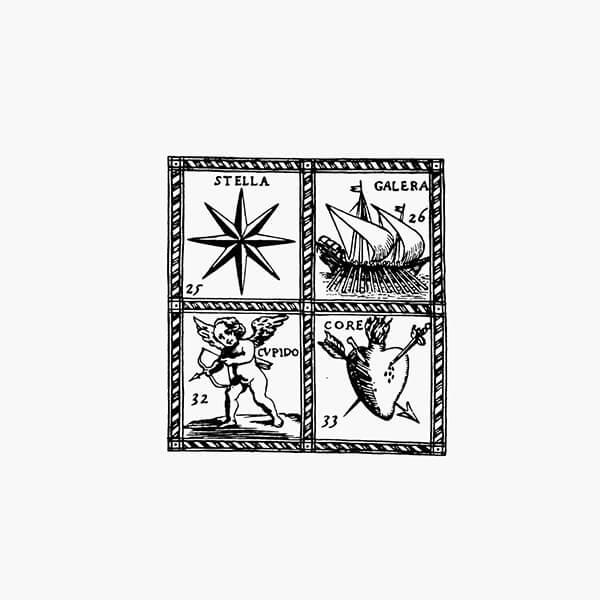
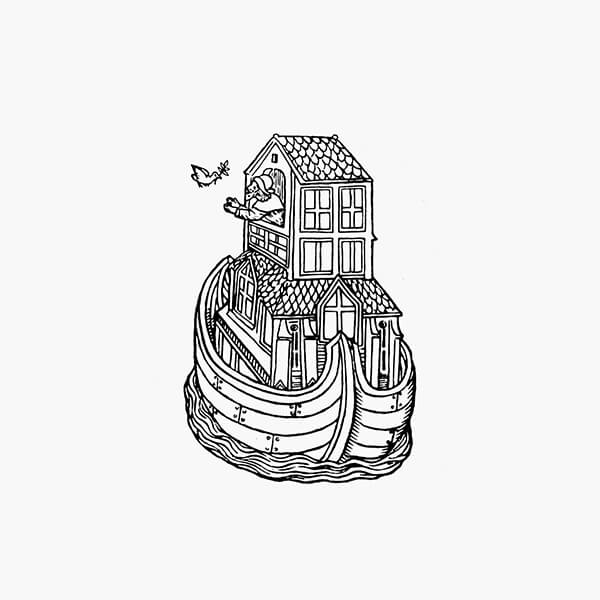
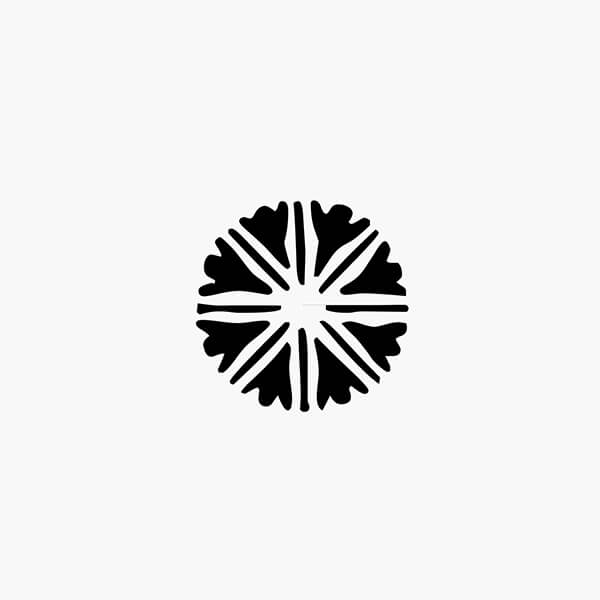

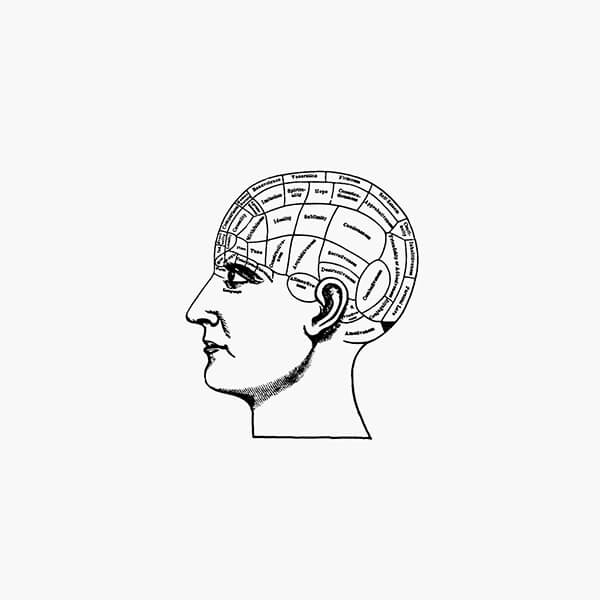

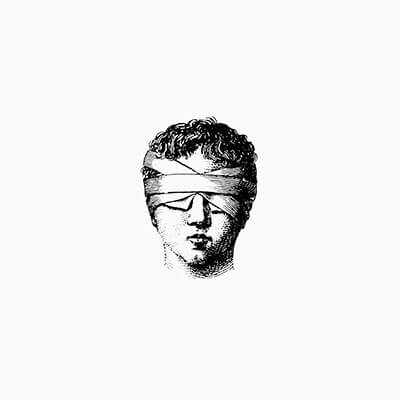
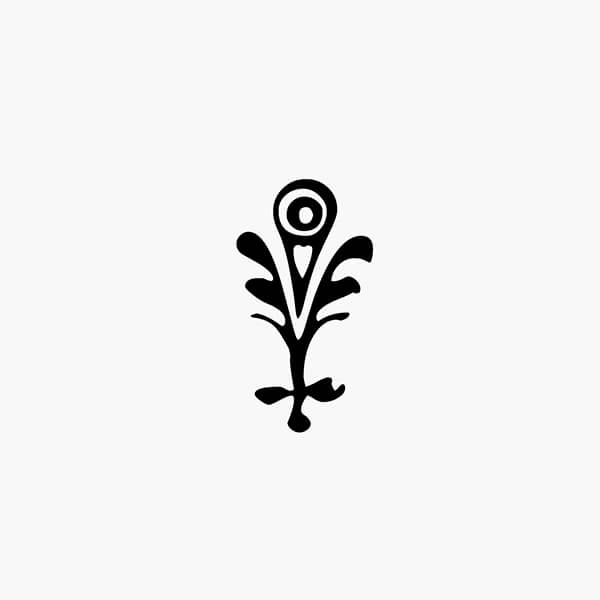
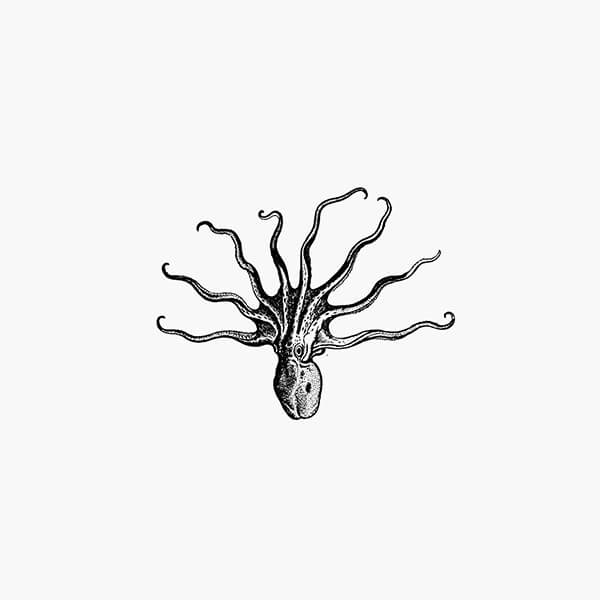


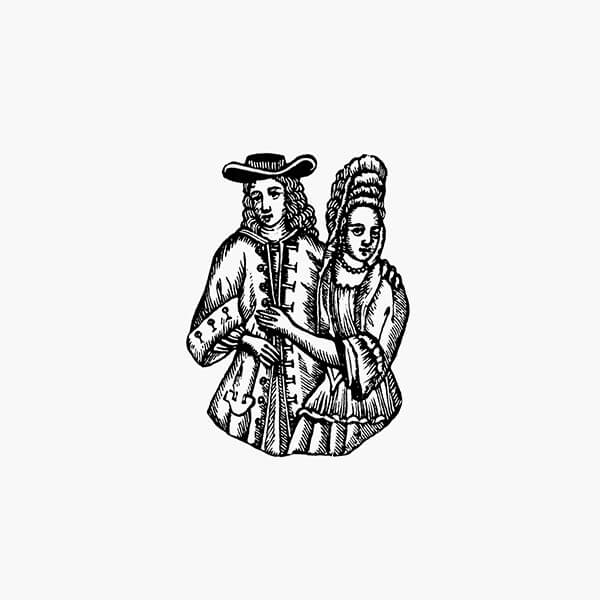
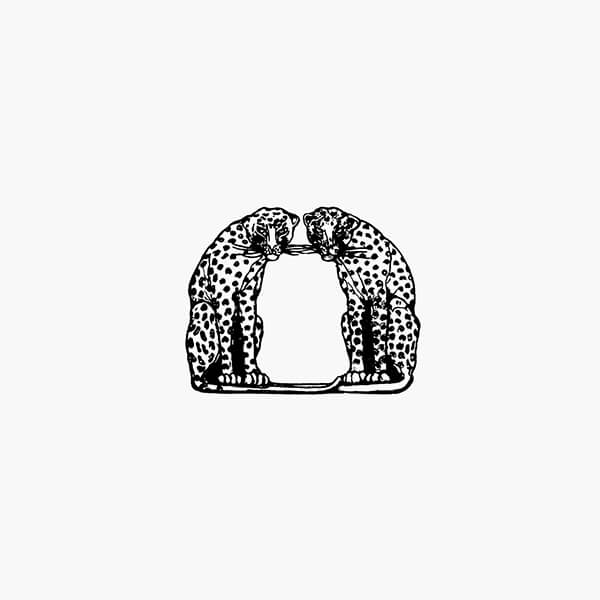
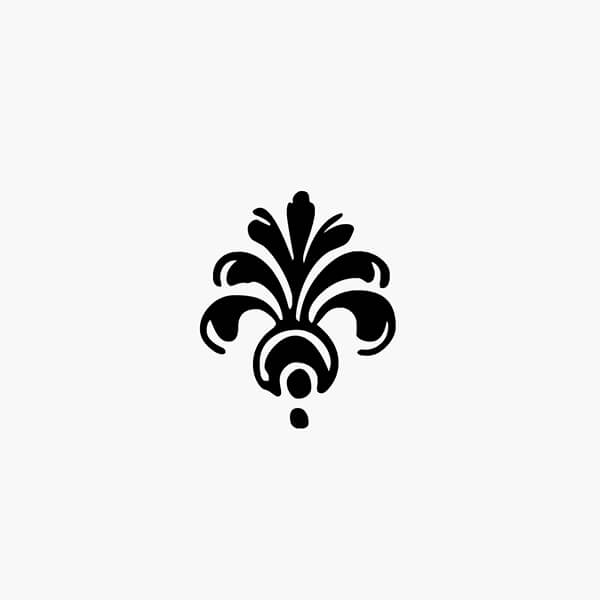





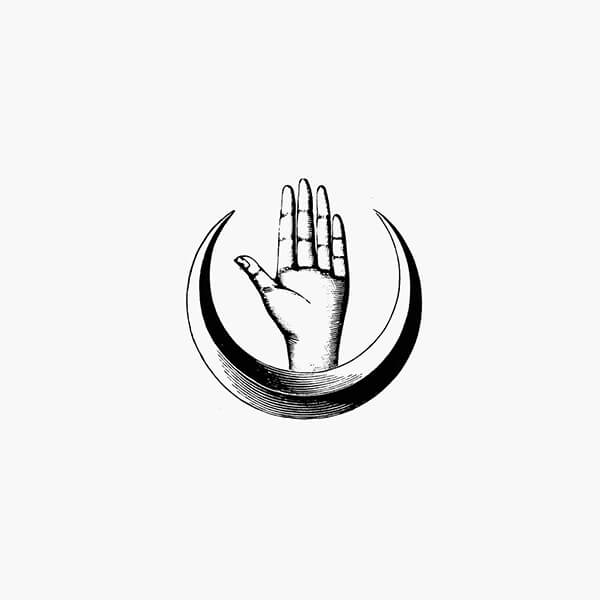

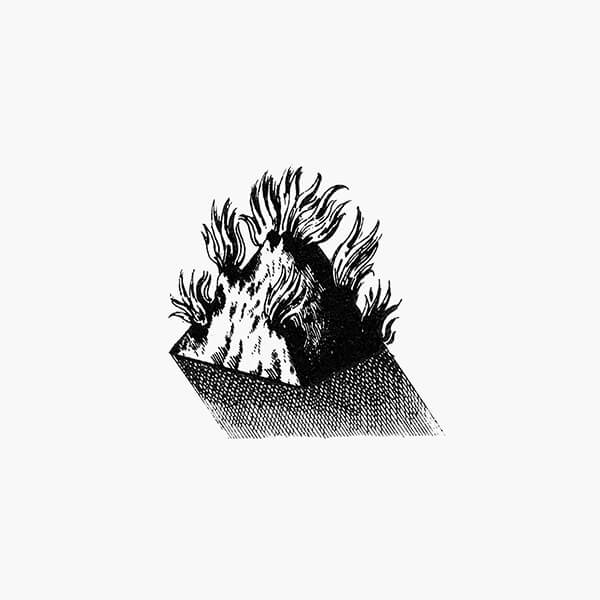



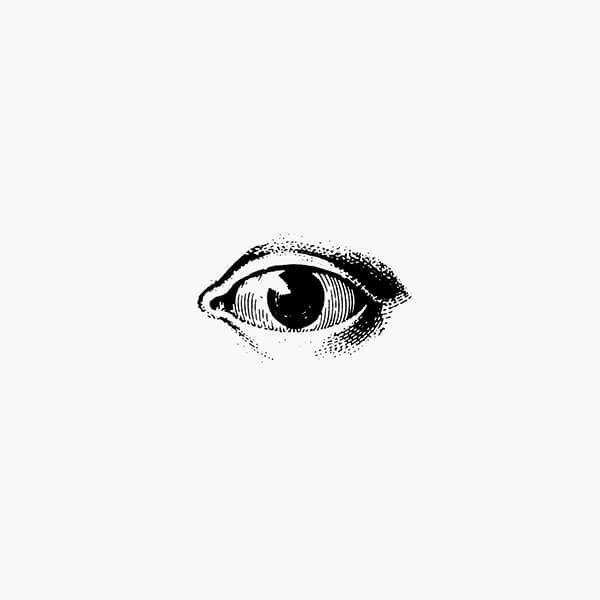

Blue Library
9844 La civiltà, madre mia…
Driss Chraïbi
1974 / 188 PAGES.
Language: Italian
Driss Chraïbi’s light-hearted novel tells the story of an Islamic woman who, educated by her children, shifts from the most archaic domesticity to feminism. Fresh, naïve and brimming with almost unmarred gaiety, the novel should be read as a paradoxical idyll.
Goods are arcane, phantasmagorical; our relationships with objects are ambiguous – they either suffocate or nauseate us. The main character of this book is unaware of this; raised in Islamic domesticity, she has an innocent and loving relationship with the radio, telephone and car. These objects free her and allow her to discover the world; she embarks on a paradoxical idyll with them. As she enters the modern world, the main character becomes intimate with a great power that imposes its tributes on the entire world. Similarly, the characters in classical comedies wander through woods or islands under false pretences, victims of magic and misunderstandings – yet as long as the latter are new, vivid, and ever-changing, their wandering is not without joy. Thus, Driss Chraïbi’s book is, to some extent, a comedy. And yet, a liberation that proceeds in reverse is still a liberation.